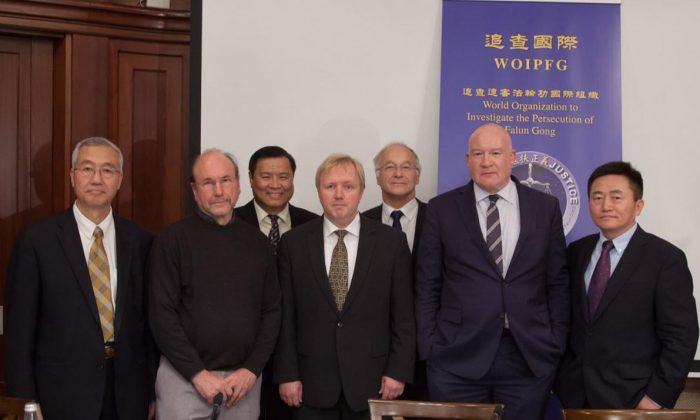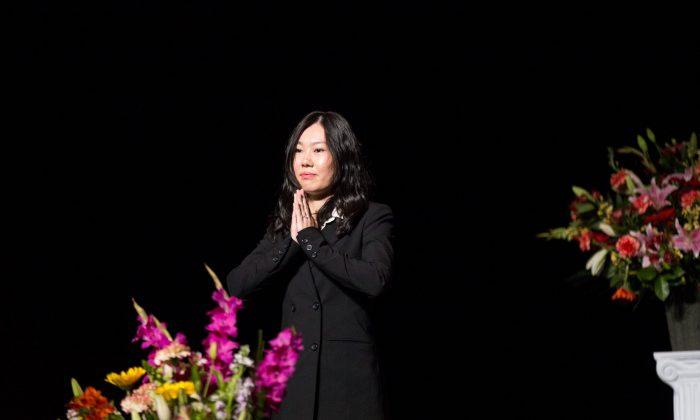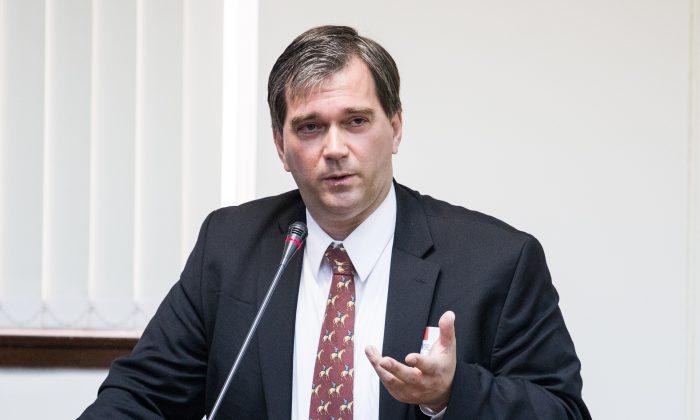Fifteen Chinese Communist Party cadres were subject to investigation and disciplinary proceedings recently after being suspected of providing “intelligence” to what state-run news reports said were Tibetan independence groups and “the Dalai clique”—the pejorative codeword for the Dalai Lama, Tibet’s spiritual leader, and his organization.
The reports, carried in major state-run newspapers, were scant on details. The supposed leaks were said to have taken place last year.
“The fourth Central Discipline Inspection team reported that from its investigation in Tibet, the struggle against splittism was still complex and grim,” a report in Beijing Times, a state-run newspaper, said. “A small number of Party members and cadres have irresolute political stances, and the work of stability maintenance must be strengthened.”
Stability maintenance refers to the raft of Party security actions aimed to forcing ideological and behavioral compliance with the regime.
Wang Gang, the secretary-general of the Tibetan Autonomous Region’s disciplinary committee—the Party organ that ensures the Party line is followed inside the Party, alongside battling corruption—was quoted to the effect that an investigation had been opened against the “very small number” of cadres suspected of providing intelligence to “underground Tibetan independence groups” and the 14th Dalai Lama.
He added that in Tibet, the smashing of “tigers” would not be lenient, and the swatting of “flies” would not be merciful. The animal and insect references are common in Chinese communist political discourse to refer to powerful and small-time corrupt officials respectively.
The meaning of the ominous announcement is, in any case, still not quite clear.
Bhuchung K. Tsering, vice president of the International Campaign for Tibet, said in a brief telephone call that “we’re still looking into this.” He added that the details were sparse and only from state media. A statement from the organization may follow.




